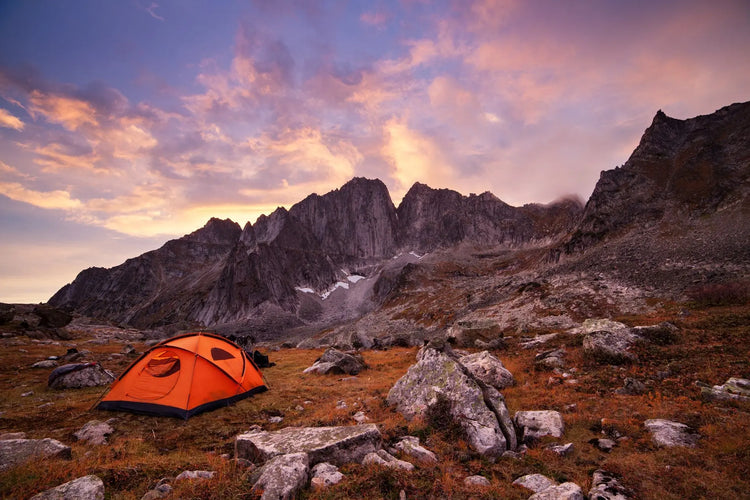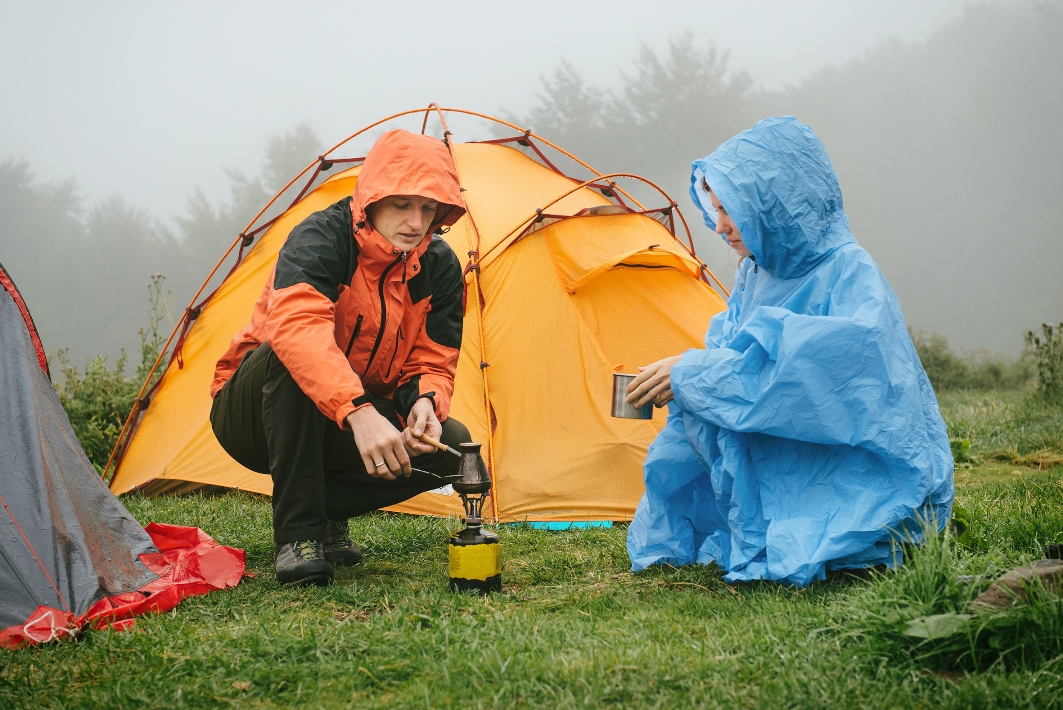Camping is a fun way to spend time outdoors, but the weather can make it challenging. Windy weather, in particular, can cause issues such as difficulty setting up camp and losing supplies. However, with proper preparation, you can still enjoy camping in high winds. Here are some expert tips for camping in windy conditions in a tent or RV.

Tent Camping Tips:
1. Get a wind-resistant tent:
Invest in a tent that is designed to withstand strong winds if you plan to camp often or in inclement weather. If you already own a tent, research its wind resistance to determine if it can hold up to the expected conditions. Upgrade supplementary gear like pegs and guy ropes for better quality if necessary.
2. Camp smaller:
Instead of one large tent, consider bringing several smaller tents with less surface area exposed to the wind. Leave the rain fly off unless it is actively raining to keep the tent surface smaller.
High winds can cause tears in your tent fabric. Bring a tent repair kit that includes repair patches, seam sealers, thread, and other supplies. Duct tape is a helpful alternative in a pinch. Learn a few repair tips before you leave so you can act quickly when damage happens.
4. Pitch it properly:
Follow best practices when setting up your tent in a windy area. Face the smallest side toward the wind to reduce the surface area and turn the main door of the tent away from the wind to prevent it from whipping around. Use a 45-degree angle away from the tent when placing tent stakes and pound the stakes into the ground with a hammer or blunt object.

RV Camping Tips:
1. Secure loose items:
Store loose items inside the RV or tie them down securely outside. This includes chairs, tables, and any other furniture or equipment that could blow away.
2. Drive with caution:
High winds can affect driving stability. Slow down and drive with caution, especially on bridges and overpasses.
Park your RV in a sheltered area or with the front facing away from the wind. If possible, park next to a large vehicle or building to block the wind.
4. Use stabilizers:
Use stabilizers to prevent your RV from swaying in the wind. This includes leveling jacks, chocks, and slide-out supports.

Camping in high winds can be challenging, but with these expert tips, you can stay safe and have an enjoyable time. Remember to prepare for the weather, secure your supplies, and follow best practices when setting up camp. Happy camping!



